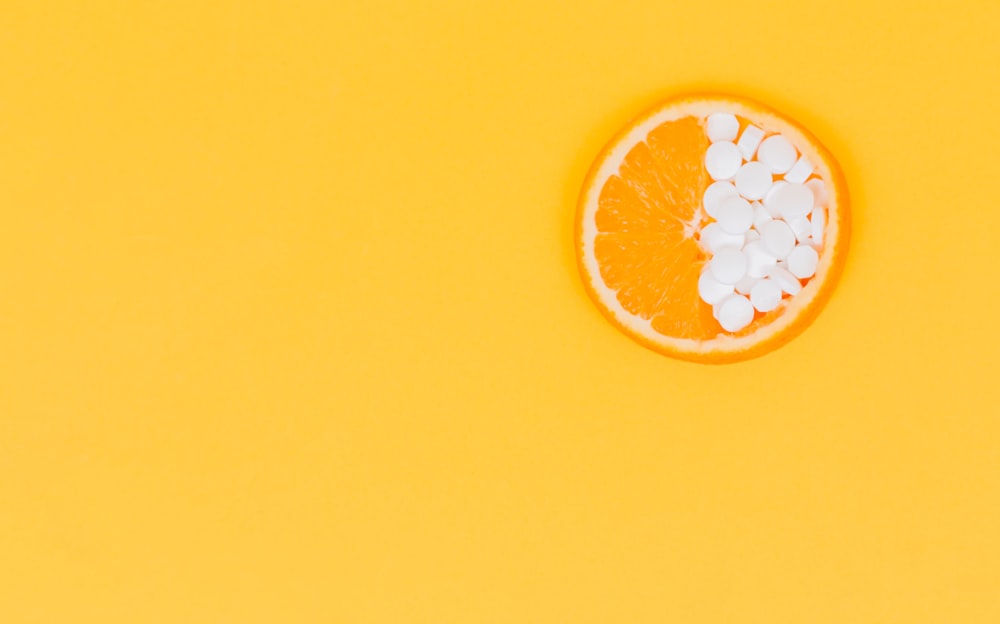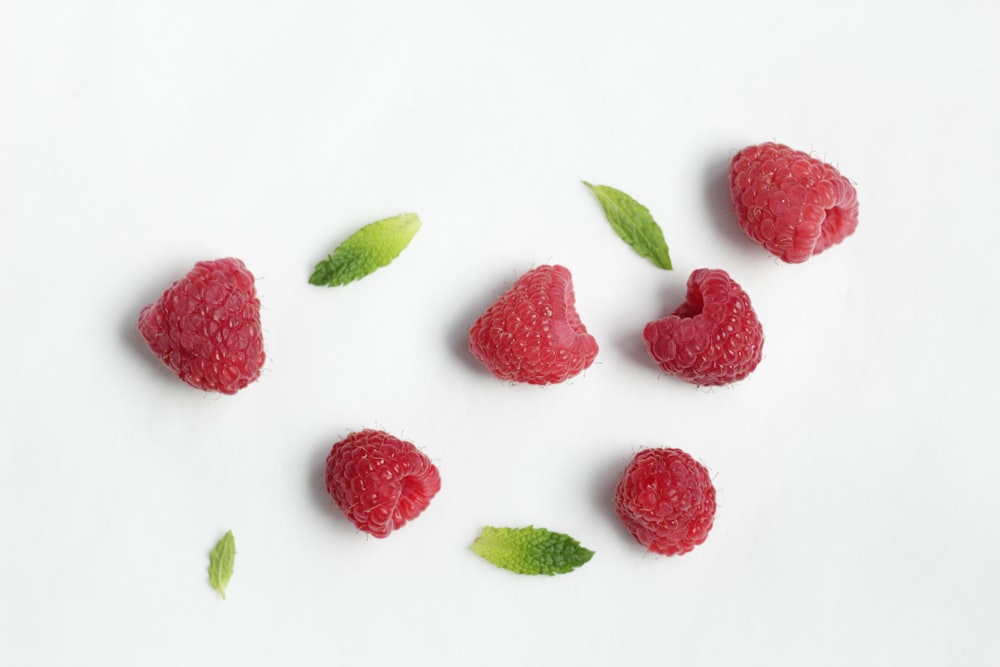
Since oxidative stress is an imbalance between free radicals and antioxidants in your body, it makes sense that consuming more antioxidants can help combat oxidative stress, right?
Well, since antioxidants are your best tool in fighting free radicals, the best thing you can do to prevent oxidative stress is increase your antioxidant intake.
Consuming more antioxidants can help you manage oxidative stress by inhibiting the formation of free radicals and subsequently reducing oxidative stress, improving your immune function, and improving your longevity.
You want to do your part to combat oxidative stress, because oxidative stress has been linked to several neurological diseases. Oxidative stress can also damage cells, proteins, and DNA, which can speed up the process of aging. This means that when you combat oxidative stress, you can expect beauty benefits as well as health benefits.
Simply taking supplements is rarely enough to achieve the results you need when trying to battle or combat oxidative stress. You’ll need to get the right foods rich in antioxidants into your diet to ensure you’re getting the full nutritional benefit of each substance.
Some of the most crucial forms of antioxidant you’ll need to include in your diet to combat oxidative stress include:
Vitamin E
Vitamin E is a powerful antioxidant which can interfere with lipid peroxidation and inhabit the activity of tyrosine. The substance fights the signs of aging, improves skin health, and helps prevent oxidative stress.
Vitamin E helps to maintain healthy skin and eyes, while strengtheni
ng the body’s natural defences against infection and illness. You can find vitamin E in almonds, sunflower seeds, and avocado.

Vitamin C
Similar to Vitamin E, Vitamin C is a valuable antioxidant which interrupts the formation of skin pigments such as melanin, by disrupting the tyrosinase enzyme. This substance is crucial for the necessary growth and development of all body tissues, it’s also crucial in the formation of collagen.
Vitamin C has an abundant number of dietary sources, including chilli peppers, broccoli and citrus fruits. You can even find topical creams with added vitamin C.
Vitamin A
Crucial for supporting a healthy immune system, and ideal for improving bone health and skin strength, Vitamin A is a must-have antioxidant. This vitamin is a critical part of healthy growth and reproduction and can even fight off acne. It’s also excellent at scavenging lipid radicals.
You can find vitamin A and various delicious foods, from carrots, to leafy greens. Alternatively, there are vitamin A supplements available too.
CoQ10
One of the most important antioxidants to add to your diet today, Coq10 has been proven to assist with promoting good heart health, blood sugar regulation, and reducing migraines. This antioxidant is frequently associated with reducing oxidative stress and skin damage.
CoQ10 is abundant in various types of fish, seeds, and nuts. You can also find this substance in certain meats, and in topical products such as Coenzyme Q10.
Selenium
Selenium is a powerful antioxidant that protects against heart disease, mental decline, and thyroid issues. Similar to most antioxidants, it can promote a healthy immune system and can reduce your risk of certain cancers.
You’ll find selenium in Brazil nuts and seafood, as well as in various supplements.

Polyphenols
Polyphenols are critical tools for protecting the cells against oxidative damage. They trigger various redox-dependent reactions and scavenge free radicals in the body. Polyphenols have also been associated with a lower risk of heart disease, reduced blood sugar, and lower risk of blood clots.
Polyphenols are evident in a host of different food sources, including tea, dark chocolate, and red berries. Some forms of red wine also include polyphenols.
Niacinamide
An antioxidant which protects against protein and lipid peroxidation, Niacinamide helps with boosting immunity, regulating oil balance in the skin, and treating hyperpigmentation. This substance is commonly associated with anti-aging because it helps to minimize fine lines and wrinkles.
Niacinamide is an ingredient in many cosmetic products, but you can also add it to your diet through the consumption of fish, milk, leafy greens, eggs, legumes, and seeds.
How To Combat Oxidative Stress: The Bottom Line
While free radicals and antioxidants are a natural part of the human body, it’s crucial for these substances to remain in balance to ensure good health and younger-looking skin. When your free radical levels are high and antioxidant levels are low, this can lead to oxidative stress and several health problems, as well as damage to your tissues and skin over time.
While you might not be able to eliminate your exposure to free radicals entirely, you can take steps in your lifestyle, diet, and exercise routine to keep your body in balance.
The best diet for you often depends on your genetic makeup. Through CircleDNA, you can find out your optimal diet type based on your DNA, and find out your risk of dealing with oxidative stress.







Comments are closed.